America’s Top Gas Exporter Claims Massive Tax Credit for “Alternative” Fuels – Mother Jones

Report on Cheniere Energy’s Alternative Fuel Tax Credit Claim and its Implications for Sustainable Development Goals
Executive Summary
- Cheniere Energy, the largest U.S. exporter of Liquefied Natural Gas (LNG), is pursuing alternative fuel tax credits potentially exceeding $140 million for using LNG boil-off gas to power its shipping vessels.
- This claim is contentious as using boil-off gas is a standard, not an alternative, practice for LNG tankers.
- The action raises significant questions regarding its alignment with several United Nations Sustainable Development Goals (SDGs), particularly those concerning climate action, clean energy, institutional integrity, and responsible corporate practices.
Analysis of the Tax Credit Claim
Background of the Claim
- In its annual SEC report, Cheniere disclosed it is “actively pursuing” credits under the 2005 alternative fuel excise tax credit for fuel used between 2018 and 2024.
- The claim is for using boil-off gas from the LNG cargo for vessel propulsion, a process inherent to the design and operation of LNG tankers.
- Shipping experts note that not using this boil-off gas would be inefficient, as it would otherwise need to be flared or re-liquefied.
Legal and Technical Scrutiny
- The claim’s eligibility hinges on the IRS interpreting massive LNG tankers, which are nearly 1,000 feet long, as “motorboats,” a term federal shipping regulations define as vessels no more than 65 feet long.
- Tax experts have described the claim as a “very aggressive tax position” that pushes the envelope of the law’s original intent, which was to incentivize alternatives to gasoline and diesel in motor vehicles.
Alignment with Sustainable Development Goals (SDGs)
SDG 13: Climate Action
- The claim of environmental benefit is minimal. An analysis calculated that using LNG as fuel reduced total CO2 equivalent emissions by only 12.5% compared to a hypothetical scenario where ships used diesel and flared the boil-off gas.
- The climate impact of LNG is significant due to methane slip, where unburned methane, a potent greenhouse gas, escapes through the engines. Subsidizing this practice runs counter to the urgent need for climate action outlined in SDG 13.
SDG 7: Affordable and Clean Energy
- The tax credit was intended to promote cleaner energy sources. Applying it to LNG, a fossil fuel, challenges the objectives of SDG 7, which aims to increase the share of renewable and genuinely clean energy.
- Awarding the credit would mean public funds intended to support a clean energy transition would instead subsidize a standard operational practice within the fossil fuel industry.
SDG 12: Responsible Consumption and Production
- This action raises questions about corporate commitment to sustainable practices, as outlined in SDG 12. The pursuit of a tax credit for a standard, non-alternative process suggests a focus on financial engineering over meaningful environmental stewardship.
- Cheniere has not included the potential payout in its financial projections, acknowledging “ongoing uncertainty regarding the final determination of our eligibility,” which indicates the company recognizes the claim’s tenuous nature.
SDG 16: Peace, Justice and Strong Institutions
- The case brings to light concerns about corporate influence over governmental and regulatory bodies, a key concern of SDG 16.
- The claim is being pursued amid reports of high-level lobbying and political donations by Cheniere’s CEO to political campaigns. This context raises questions about the potential for influence to affect the IRS’s decision-making process, undermining the goal of accountable and transparent institutions.
Financial and Precedential Implications
Estimated Financial Impact
- An analysis by Inside Climate News, based on over 750 export departures, estimates the potential tax credit to be worth approximately $140 million.
- This amount could nearly double if credits are also claimed for the return journeys of the vessels.
Risk of Precedent
- An approval by the IRS could set a major precedent, encouraging other LNG companies to file similar refund claims for their standard operations.
- This situation is compared to a past controversy where paper mills successfully claimed billions in alternative fuel credits for using “black liquor,” a standard byproduct fuel, setting a costly precedent.
Conclusion
- Cheniere Energy’s pursuit of alternative fuel tax credits for a standard industry practice is in direct conflict with the spirit of the law and foundational principles of the Sustainable Development Goals.
- The claim undermines progress on SDG 13 (Climate Action) and SDG 7 (Clean Energy) by seeking to subsidize a fossil fuel activity with questionable environmental benefits.
- The case serves as a critical examination of corporate responsibility (SDG 12) and institutional integrity (SDG 16), highlighting how legal loopholes can be exploited in ways that contradict global sustainability objectives.
Analysis of Sustainable Development Goals in the Article
1. Which SDGs are addressed or connected to the issues highlighted in the article?
-
SDG 7: Affordable and Clean Energy
- The article focuses on Liquefied Natural Gas (LNG), a major energy source. It discusses its use as a fuel for shipping vessels and its classification under an “alternative fuel” tax credit, directly engaging with policies that define and incentivize different types of energy.
-
SDG 12: Responsible Consumption and Production
- The article scrutinizes the corporate practices of Cheniere Energy, a large transnational company. It questions the sustainability of their claim for a tax credit, highlighting a potential gap between their reported “green” efforts and the actual environmental benefit.
-
SDG 13: Climate Action
- The core of the debate involves the climate impact of using LNG as a shipping fuel. The article explicitly discusses greenhouse gas emissions, CO2 equivalents, and methane slip, and it quantifies the limited climate benefit of the practice, linking corporate actions and government policies directly to climate change mitigation efforts.
-
SDG 16: Peace, Justice and Strong Institutions
- A significant theme is the integrity and accountability of governmental institutions, specifically the IRS. The article raises concerns about the influence of corporate lobbying and political donations on policy decisions, suggesting that such influence could undermine the fair and effective application of the law.
2. What specific targets under those SDGs can be identified based on the article’s content?
-
Under SDG 7 (Affordable and Clean Energy)
- Target 7.a: “By 2030, enhance international cooperation to facilitate access to clean energy research and technology… and promote investment in energy infrastructure and clean energy technology.” The article critically examines a government incentive (the tax credit) intended to promote alternative fuels. Cheniere’s pursuit of this credit for what is described as a standard industry practice for a fossil fuel challenges whether such policies are effectively promoting genuinely “cleaner” technology.
-
Under SDG 12 (Responsible Consumption and Production)
- Target 12.6: “Encourage companies, especially large and transnational companies, to adopt sustainable practices and to integrate sustainability information into their reporting cycle.” The article directly references Cheniere’s annual report filed with the SEC, where the company disclosed its pursuit of the tax credits. However, the analysis questions the legitimacy of this as a “sustainable practice,” thereby scrutinizing the quality and intent of corporate sustainability reporting.
-
Under SDG 13 (Climate Action)
- Target 13.2: “Integrate climate change measures into national policies, strategies and planning.” The alternative fuel tax credit is a national policy. The article’s analysis suggests this policy may be misapplied in a way that offers minimal climate benefits (a 12.5% reduction in emissions compared to a hypothetical baseline), questioning the effectiveness of such measures in achieving meaningful climate action.
-
Under SDG 16 (Peace, Justice and Strong Institutions)
- Target 16.5: “Substantially reduce corruption and bribery in all their forms.” The article connects Cheniere CEO Jack Fusco’s donation of “nearly $500,000” to a Trump political action committee with the company’s pursuit of a large tax credit. It quotes an expert who suggests this could be a “return on investment,” raising concerns about the potential for political contributions to influence institutional decisions.
- Target 16.6: “Develop effective, accountable and transparent institutions at all levels.” The article questions the accountability of the IRS by highlighting how lobbying and “inside access” could influence its decision-making process. The reference to a former IRS whistleblower and the concern that the agency’s independence is “in question” directly relates to this target.
3. Are there any indicators mentioned or implied in the article that can be used to measure progress towards the identified targets?
Yes, the article mentions several specific quantitative and qualitative indicators that can be used to measure actions and impacts related to the SDGs.
-
Financial Indicators:
- Value of tax credit: The potential payout for the company is estimated to “exceed $140 million.” This figure serves as an indicator of the financial scale of the fossil fuel incentive being discussed.
- Amount of political donations: The CEO’s donation of “nearly $500,000 to a Trump political action committee and the Republican National Committee” is a specific indicator of financial influence in politics.
- Lobbying expenditure: Cheniere’s spending of “just over $1.7 million lobbying Congress and the administration” in the first half of 2025 is a direct measure of its efforts to influence policy.
-
Climate and Environmental Indicators:
- Greenhouse gas emissions reduction: The article calculates that using LNG fuel instead of a diesel/flaring alternative reduced “total CO2 equivalent emissions… by about 12.5 percent,” providing a specific metric for the climate benefit.
- Volume of fuel consumed: The calculation that export journeys “burned about 770,000 metric tons of gas” is an indicator of the scale of fossil fuel consumption.
- Methane slip: The article mentions that LNG tankers have high emissions because of “methane that slips unburned through their engines,” an implied indicator of the fuel’s negative climate impact.
-
Operational Indicators:
- Volume of shipping activity: The company conducted “more than 750 departures” from its terminals over the specified period, indicating the scale of its operations.
- Vessel specifications: The size of LNG tankers (“nearly 1,000 feet”) is used as an indicator to challenge the legal definition of a “motorboat” (a vessel “no more than 65 feet long”).
-
Governance Indicators:
- Corporate disclosure: The mention of Cheniere’s “annual report filed with the US Securities and Exchange Commission” serves as an indicator of corporate transparency, while the content of the disclosure is scrutinized.
- Institutional response: The IRS’s decision on whether to approve the tax credit is the ultimate indicator of institutional accountability and integrity in this case. The article notes the IRS “declined to comment,” indicating a current lack of transparency.
4. Table of SDGs, Targets, and Indicators
| SDGs | Targets | Indicators Identified in the Article |
|---|---|---|
| SDG 7: Affordable and Clean Energy | 7.a: Promote investment in cleaner fossil-fuel technology. |
|
| SDG 12: Responsible Consumption and Production | 12.6: Encourage companies to adopt sustainable practices and integrate sustainability information into their reporting. |
|
| SDG 13: Climate Action | 13.2: Integrate climate change measures into national policies. |
|
| SDG 16: Peace, Justice and Strong Institutions |
16.5: Substantially reduce corruption and bribery.
16.6: Develop effective, accountable and transparent institutions. |
|
Source: motherjones.com

What is Your Reaction?
 Like
0
Like
0
 Dislike
0
Dislike
0
 Love
0
Love
0
 Funny
0
Funny
0
 Angry
0
Angry
0
 Sad
0
Sad
0
 Wow
0
Wow
0











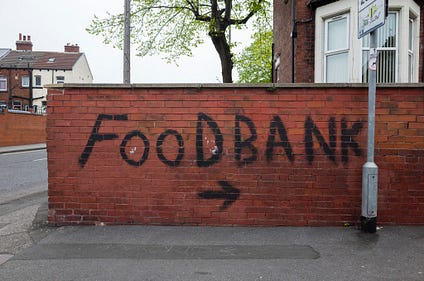

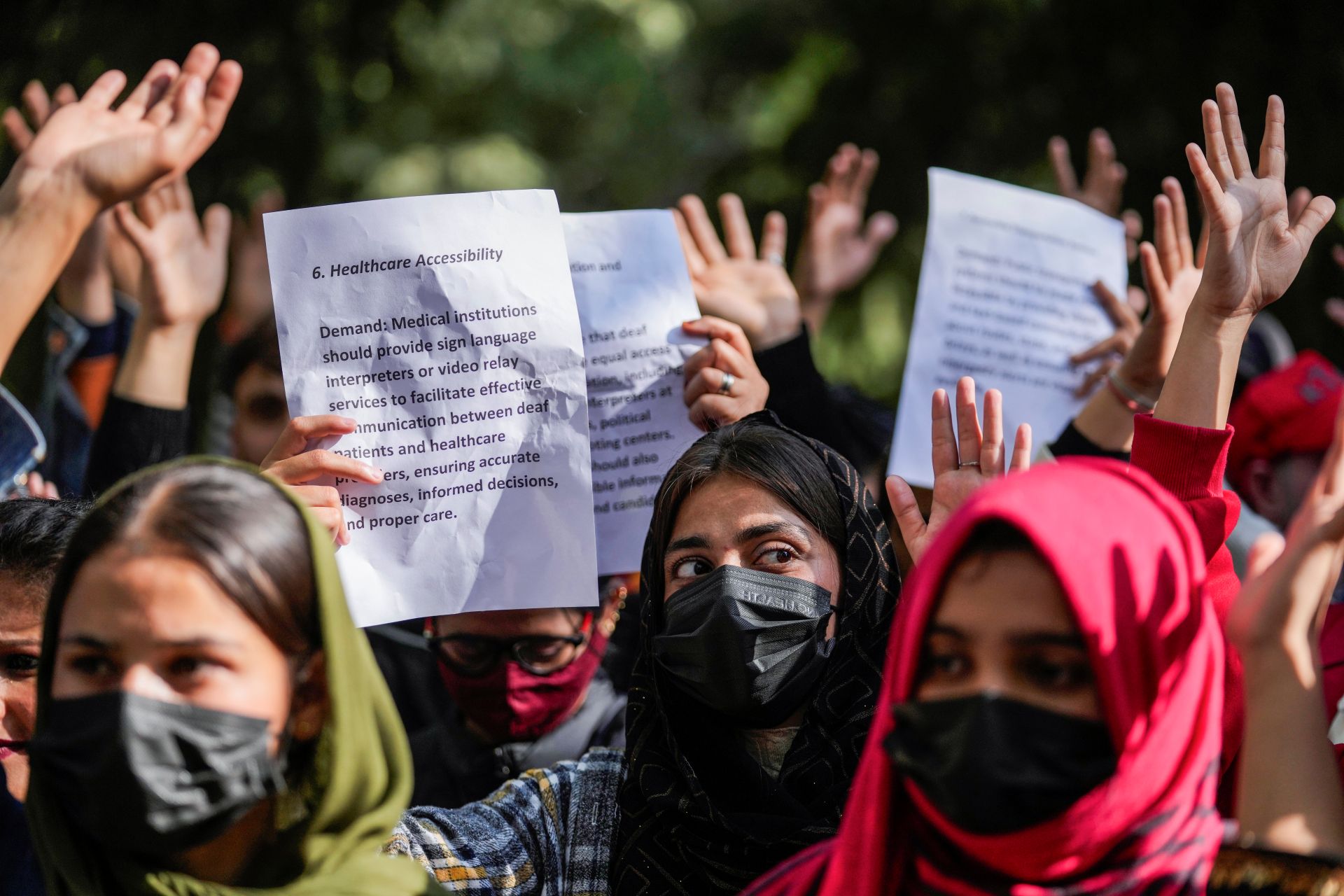













;Resize=805#)



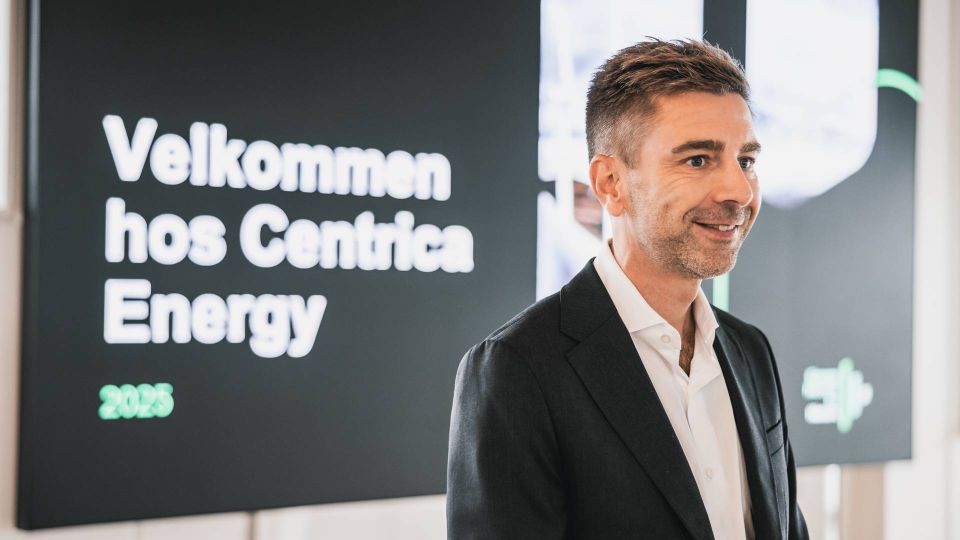
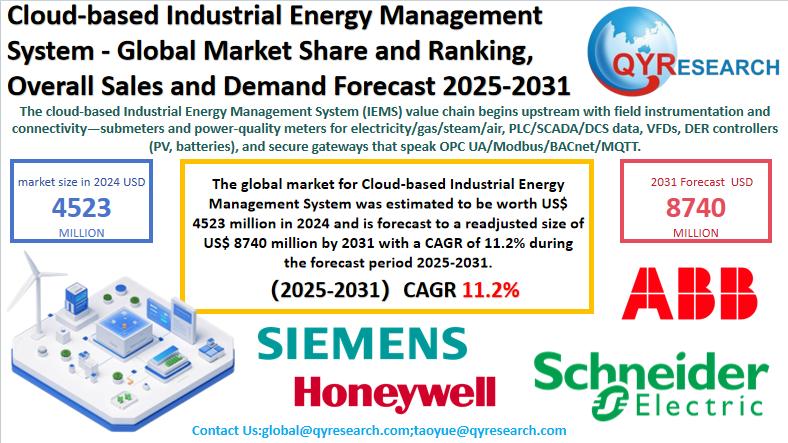





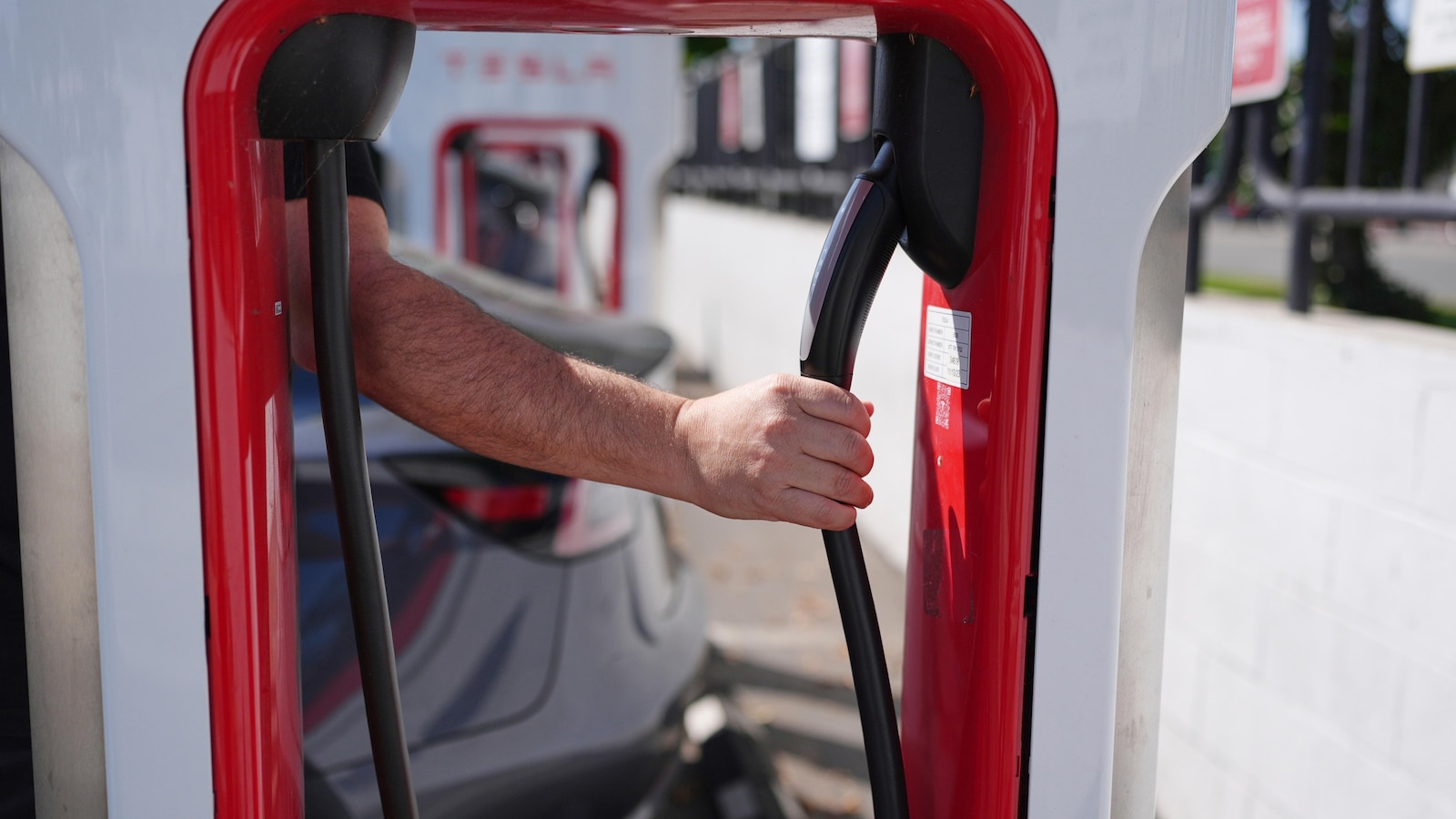

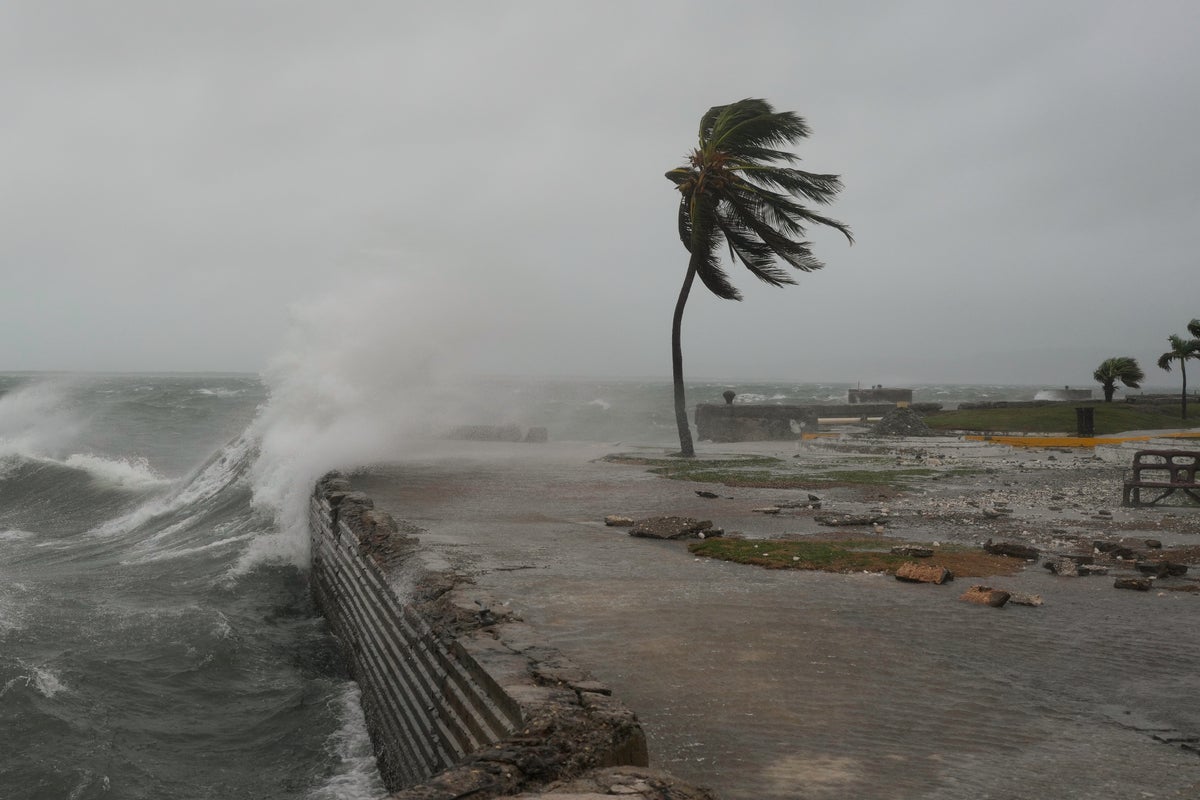
















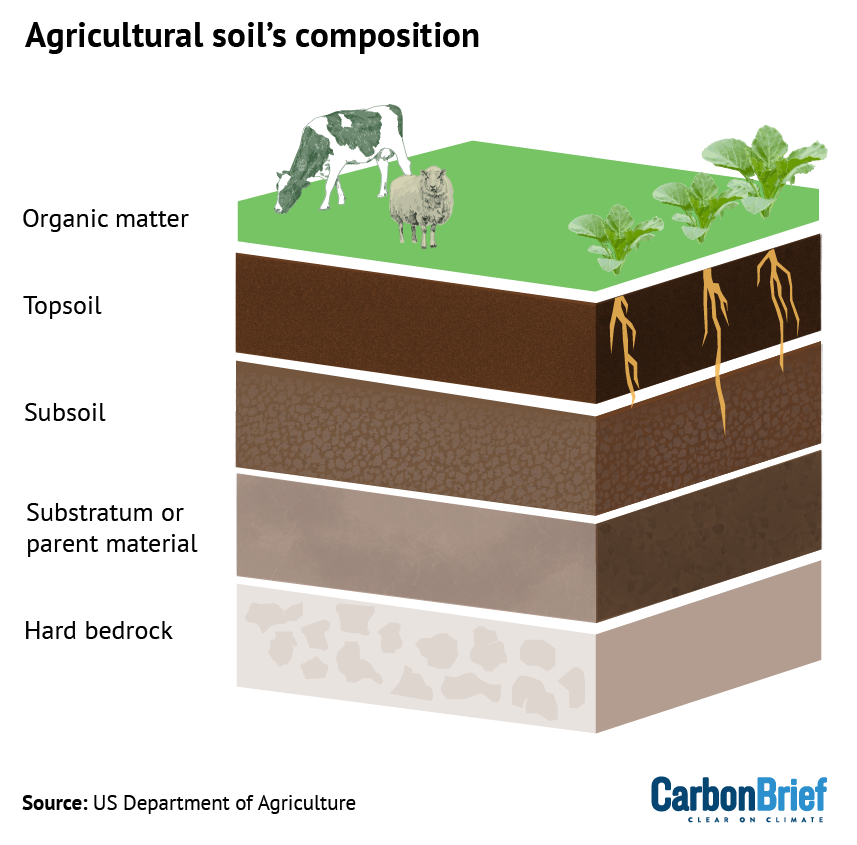










![China’s photovoltaic cell exports reached 10.38GW in September as third-quarter surge subsided [ SMM Analysis] – Shanghai Metals Market](https://imgqn.smm.cn/production/admin/news/en/pic/XTwWi20251028115805.png?#)









